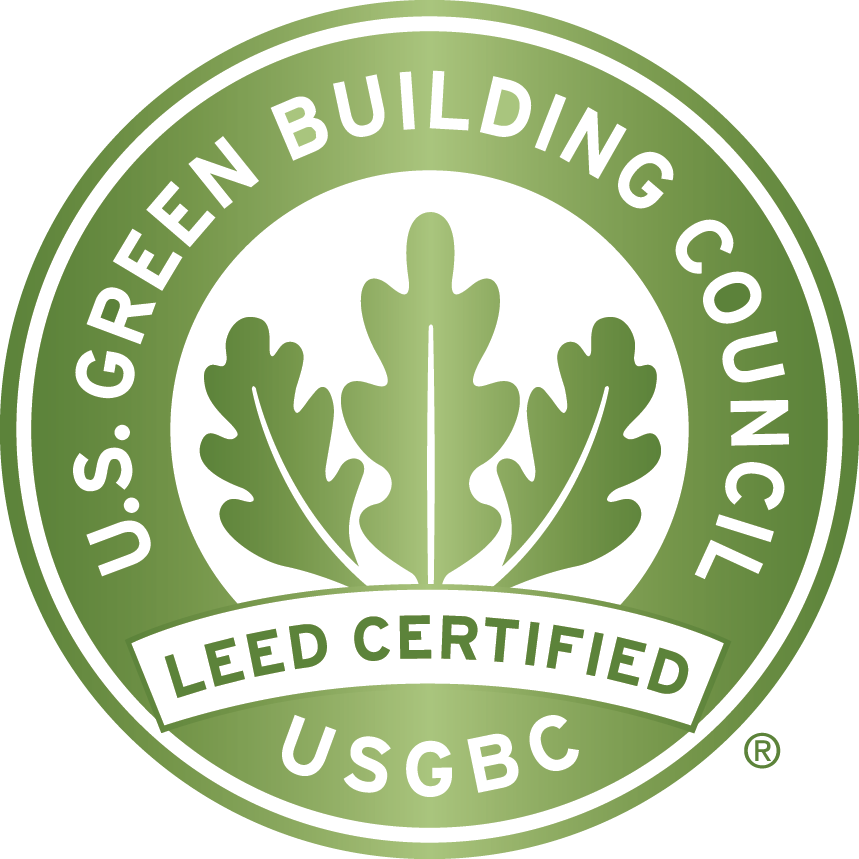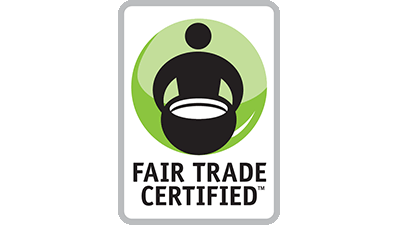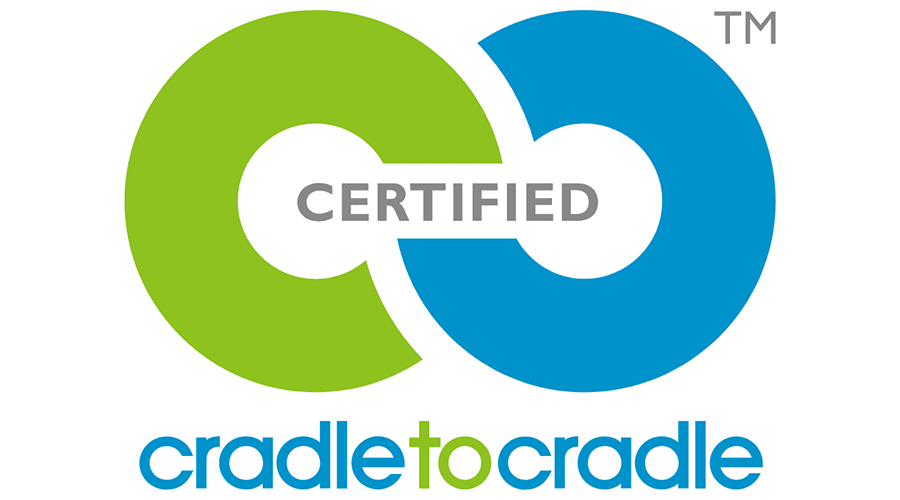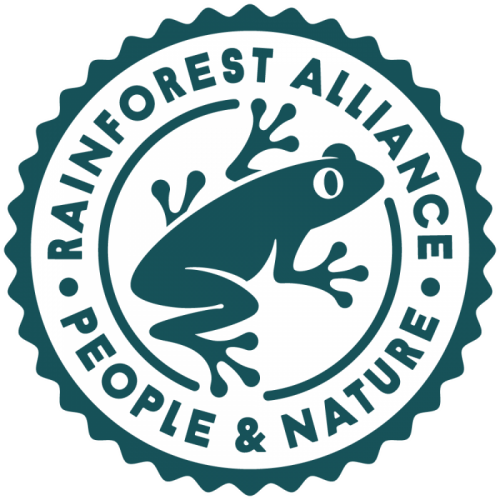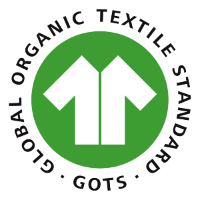
certified.
Top 10 Eco-Certifications Empowering Brands Towards Sustainability
I
n an age where environmental consciousness is no longer just a trend but a necessity, consumers are increasingly demanding transparency and accountability from the brands they support. To meet these demands and demonstrate their commitment to sustainable practices, many companies pursue various eco-certifications. These certifications serve as stamps of approval, indicating that a brand adheres to specific environmental standards, making informed choices, and reducing their ecological footprint.
Here are the top 10 eco-certifications that are empowering brands worldwide to embrace sustainability.
THE LEED CERTIFICATION
Developed by the U.S. Green Building Council (USGBC), certification focuses on the construction and operation of green buildings, assessing factors like energy efficiency, water savings, and indoor environmental quality. Brands with LEED certification showcase their commitment to environmentally friendly structures.
certification assesses a brand's social and environmental performance, accountability, and transparency. Brands earning B Corp status balance profit-making with social and environmental considerations, striving to meet high standards of verified social and environmental performance.
THE FAIR TRADE
certification verifies that textiles are made with organic fibers, ensuring ecological and social criteria are met at all stages—from harvesting raw materials to manufacturing and labeling. Brands with GOTS certification prioritize organic and sustainable clothing.
certification ensures that products are sourced and produced ethically, promoting fair wages, safe working conditions, and environmentally sustainable practices. Brands with this certification support communities and prioritize social responsibility.
THE ENERGY STAR
certification focuses on energy-efficient products and buildings, indicating that they meet strict energy performance standards set by the Environmental Protection Agency (EPA). Brands with Energy Star certification reduce energy consumption and greenhouse gas emissions.
certification ensures that agricultural products, like coffee, tea, and cocoa, are sourced sustainably, promoting biodiversity conservation and fair treatment of workers. Brands with Rainforest Alliance certification support responsible agriculture and protect ecosystems.
certification evaluates products based on their material health, recyclability, renewable energy use, water stewardship, and social fairness. Brands achieving this certification embrace the concept of circular economy and strive for products that can be reused or recycled effectively.
The MSC
certification ensures that wood and paper products come from responsibly managed forests that protect biodiversity, wildlife habitats, and the rights of local communities. Brands using FSC-certified materials contribute to forest conservation.
certification guarantees that seafood comes from sustainable and well-managed fisheries, promoting responsible fishing practices that minimize environmental impact. Brands supporting MSC-certified seafood help protect ocean ecosystems.
THE B Corp
The Rainforest Alliance
The Forest Stewardship Council
The Carbon Trust Standard
certifies brands that measure, manage, and reduce their carbon footprint. It recognizes efforts to mitigate climate change by reducing greenhouse gas emissions and promoting sustainable practices.

